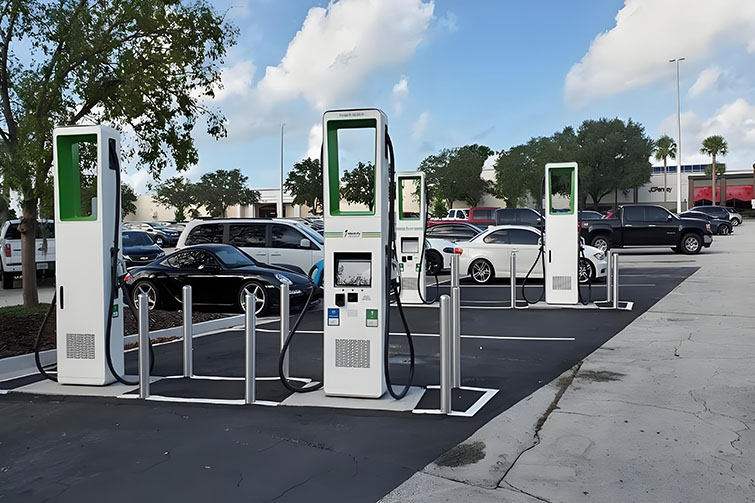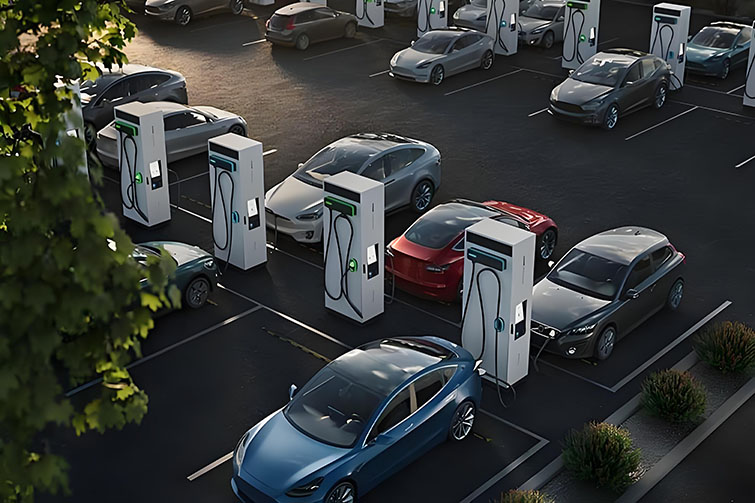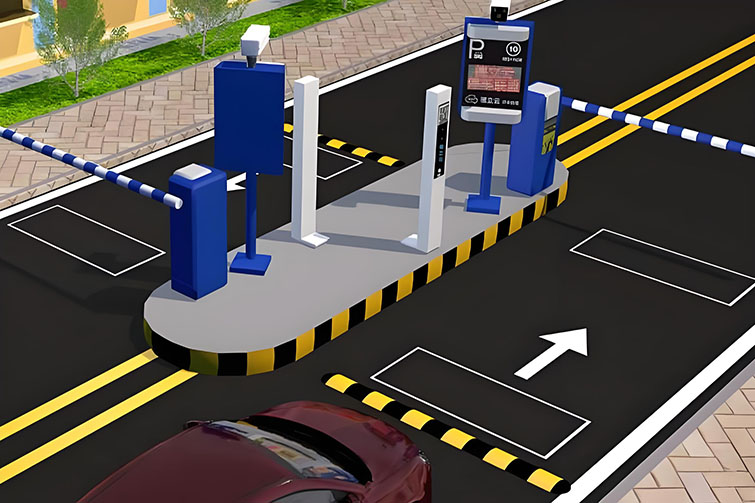

Factors to Consider for EV Charging Station Installation in Commercial Areas
As the adoption of electric vehicles (EVs) accelerates, commercial areas are becoming key sites for deploying EV charging infrastructure. The decision to install an EV charging station involves numerous considerations that can significantly impact both the usability and profitability of the service. This article outlines the main factors to consider when implementing EV charging solutions in commercial settings.

1. Assessing Demand and Location:
- Strategic Location Selection: Identifying high-traffic areas within commercial zones such as shopping malls, entertainment centers, and large office complexes can maximize usage.
- Proximity to DC Chargers: Ensuring that there are DC chargers nearby is crucial as they offer rapid charging capabilities that are highly attractive to EV drivers.
2. Type of Chargers and Technology:
- Choosing Between Level 2 and Level Three Charging Stations: While Level 2 chargers are adequate for longer-duration stays, level three charging stations provide much faster charging and are suitable for locations where quick turnover is expected.
- Technological Compatibility: Selecting chargers that are compatible with a broad range of EV models enhances accessibility and increases utilization rates.
3. Infrastructure and Installation Requirements:
- Electrical Capacity: Commercial locations must evaluate their existing electrical infrastructure to ensure it can support the added load of multiple EV chargers.
- EV Charger Installation Considerations: Proper installation involves adequate planning regarding placement, wiring, and safety measures to meet regulatory standards.
4. Economic Considerations:
- Cost-Benefit Analysis: Analyzing the potential revenue from an electronic charging station versus the installation and operational costs can help determine the financial viability.
- Incentives and Subsidies: Exploring government and local incentives for installing renewable energy solutions can reduce initial costs significantly.
5. Integration with Existing Services:
- Synergy with Current Business Operations: For businesses like shopping centers, integrating charging stations with customer loyalty programs can enhance customer experience and increase foot traffic.
- Shell Recharge Charging Station: Incorporating a recognized brand like Shell can attract more users due to the trusted quality and service associated with the name.
6. Environmental Impact and Sustainability:
- Promoting Green Energy: EV charging stations contribute to reducing carbon emissions, aligning with broader environmental goals.
- Sustainability Practices: Implementing sustainable practices in the installation and operation of charging stations reflects positively on the commercial establishment’s commitment to environmental responsibility.
Conclusion:
The installation of EV charging stations in commercial areas is not only a strategic move to attract EV drivers but also an investment in sustainable infrastructure. By carefully considering factors such as location, type of technology, economic viability, and environmental impact, businesses can effectively integrate EV charging solutions that meet both immediate and long-term needs. The thoughtful integration of such technologies ensures that commercial properties remain attractive and competitive in a rapidly evolving automotive landscape.








